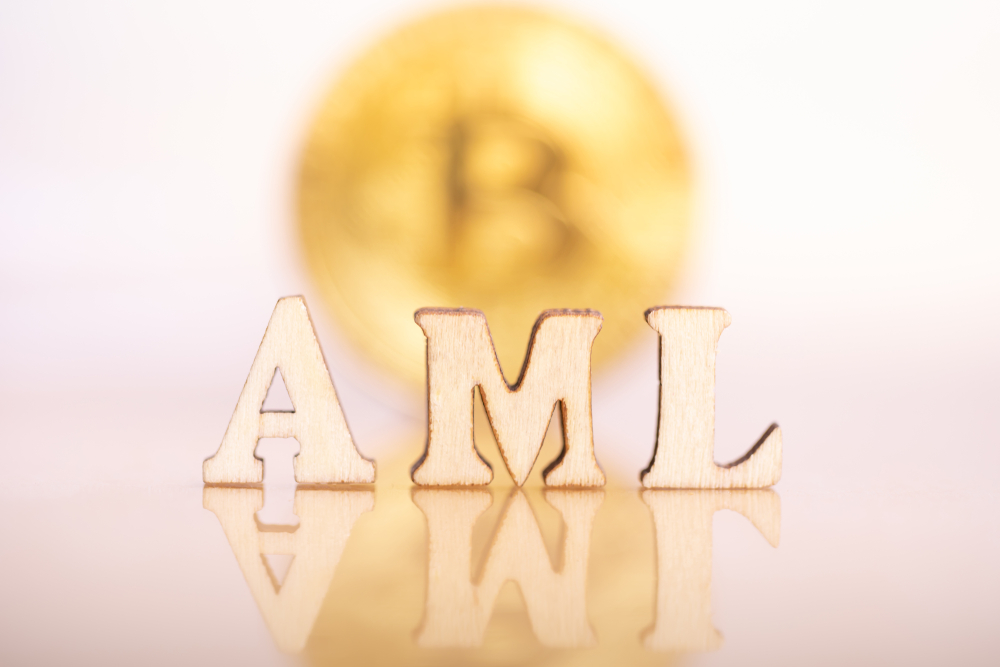Cryptocurrency, also known as digital or virtual currency, is gaining fame from the last few years all across the globe. From gaming organizations to the finance sector, people are seen taking a keen interest in this new technology. No doubt cryptocurrencies are proving to be beneficial for individuals and financial with several other sectors by facilitating better opportunities to buy products, raise funds, invest and carry out financial transactions.
On the other hand, it has significantly influenced the cybercriminals to keep executing their criminal activities without the fear of getting caught. The reason is that cryptocurrency has become secured and trusted form of money giving advantage edge to criminals and money launderers keeping their identity anonymous.
Cryptocurrency vs Conventional Financing
Digital currencies are developed on the concept of mining, which means that each transaction is verified on the blockchain if it is valid or not. All the data of the transitions being performed is recorded on the blockchain, however, neither of them includes personal information (name, date of birth, id card number, etc.) which can identify the user/customers. Because of this, the digital currencies are safest for the criminals and fraudsters as their identity is totally anonymous so that doesn’t leave a chance for regulators or law enforcement agencies to track them through transactions.
Whereas, in the case of traditional banking, there are certain restrictions from the government regulators that the financial sectors have to follow regarding the identity of its customers which act as security checks for the fraudsters. No doubt there is still a high risk of fraud in these sectors but at least such cases can be tracked by the agencies.
Cryptocurrencies and Money Launderers
Cryptocurrencies work on peer-to-peer models leaving no involvement of central authority and tend to have low or sometimes no regulations. Because the transactions are monitored closely, it leaves room for criminal activities all across the world.
As the world is moving towards globalization, money laundering has become really easy by carrying millions of dollars across borders without getting caught through digital currencies. Cryptocurrency doesn’t require any identification proof, so it becomes a Heaven for criminals to use crypto for their personal benefits.
Empowering the Terrorists
Just like any other criminals, terrorists also find the cryptocurrency the safest mean of raising funds for their activities and making the financial statements online without intervening of any agency or fear of being caught. The problem is not the virtual currency but the phenomenon on which it is working i.e. keeping the identity anonymous.
According to a study, around $5.2 billion were laundered in the year 2018 and that too only in Europe. Noticing the trend of such transactions, the government agencies took a decision of enforcing AML compliance all across the globe.
AML Compliance and Cryptocurrency
Cryptocurrency is a centre of attention for money launderers and cyber criminals due to its anonymity of end-users. But with the decision of the government to enforce AML compliance on all crypto-institutions, it is going to be difficult for fraudsters to remain anonymous and carry out their activities without being tracked.
AML screening services enable the institutions to have a background check on the end-users before allowing them to access the system. With the regulations getting stricter day by day, the organizations will have to bear the penalty in case of any negligence or violation of digital laws. Using the AML checks, cryptos can authenticate the users in order to gauge their legitimacy. There is a dire need for real-time AML measures for the organizations to meet the GDPR compliance.
Solving the Equation
Cryptocurrency has a great market potential not for individuals but for businesses as well; if the crypto platforms are regulated properly by government agencies and taking extensive steps in stopping the cybercriminals and money launderers. But currently, the organizations have failed to comply with anti-money laundering laws and regulations, which is why it is proving to be a bliss for criminals, however, affecting its market value. With the enforcement of AML compliance, the cryptos are no more going to be decentralized, and like other financial institutions, they will have to face the strict legal penalties in case of law infringement.


